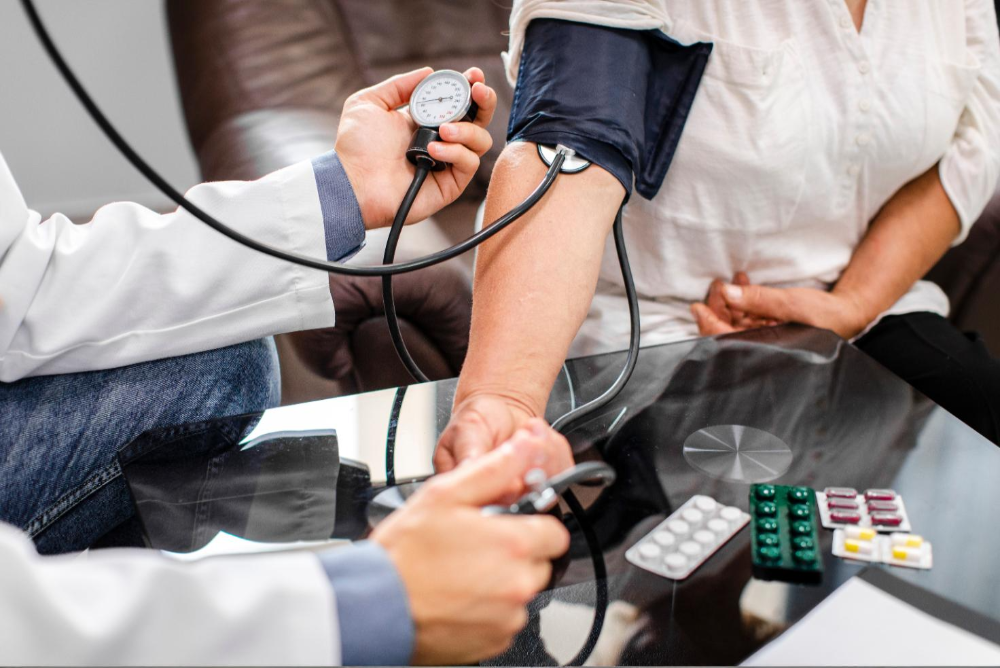Introduction
Everyone has those moments where you miss one workout. Then it becomes two. Before you know it, weeks have gone by without thinking about it much. Rest is important, sure. But if you take too long off from exercising, it can start messing with all the effort you put in before. Your energy levels just drop off. Motivation is not there anymore. And your body, it kind of gets used to not moving as much, I think. That is sort of the tricky part.
Knowing a bit about what goes on when you stop working out might help. You could spot the changes early on. Then get back into it before everything slips away completely. It seems like that makes sense anyway.
Quick Overview – Effects of Skipping Workouts
| Time Without Exercise | Physical Effects | Mental/Emotional Effects |
|---|---|---|
| 1–3 Days | Slight drop in performance, mild stiffness | Increased stress, guilt, or mood dips |
| 1 Week | Reduced endurance, muscle tightness | Decreased motivation, lower energy |
| 2–3 Weeks | Muscle loss, cardiovascular decline | Mood swings, poor sleep, low confidence |
| 1 Month+ | Weight gain, increased injury risk | Mental fatigue, anxiety, loss of habit |
Why Consistency Is Key in Fitness
Skipping workouts occasionally is totally normal — life happens. But when those occasional skips become frequent, your progress starts to slip. Exercise isn’t just about looking good — it’s about maintaining mobility, heart health, muscle strength, and mental resilience.
Let’s break down exactly what happens to your body — from the first missed workout to weeks of inactivity.
One to Three Days: Only a Small Setback

It’s not a huge concern if you skip a day or two of your workouts. In actuality, taking pauses is a typical aspect of maintaining your fitness.
Physical Impact:
- When you return to it, you may have some soreness or stiffness in your muscles.
- Your heart may suffer a slight setback.
- Your weight may also have changed, primarily as a result of water retention.
Mental Impact:
- You might feel guilty or anxious
- Slight decrease in motivation
One Week Later: Habits Slip, Endurance Declines

After a week of not exercising, one may begin to notice more overt changes.
What Happens to Your Body:
- Cardiovascular fitness begins to deteriorate
- Muscle tone and suppleness start to decline.
- You might feel more worn out than normal.
Mentally:
- Dopamine and endorphin levels may decrease after exercise.
- You may experience stress, irritability, or mood swings.
Table 2: Hormonal & Mood Changes After 1 Week
| Change | Cause | Effect on You |
|---|---|---|
| Lower Endorphins | Reduced physical activity | Increased stress or low mood |
| Increased Cortisol | Lack of stress relief | Feelings of fatigue or anxiety |
| Decreased Serotonin | No mood-boosting movement | Less motivation, poor focus |
Two or three weeks mark the onset of muscle loss.
These two weeks and more will alter the condition of your body and health.
Physical Consequences:
- Muscle loss may set in if you were working out fairly often before.
- The more you rest, the fewer calories you burn because your metabolism is becoming a bit sluggish.
- Blood sugar and blood pressure may be a tiny bit off.
Explore ACE’s Exercise Library
Mental/Behavioral Changes:
- Losing motivation could make it difficult for you to reestablish your routine.
- Doubt could creep in about your progress.
- Cravings and bingeing may arise.
After 1 Month: Major Reversal in Progress
This is the critical point where both physical and mental changes compound.
Physical Effects:
- Noticeable loss of strength and endurance
- Weight gain, especially around the midsection
- An increased risk of joint pain, stiffness, and injury.
- Lowered immunity
Emotional & Mental Effects:
- Depression and anxiety may intensify
- Poor body image or self-doubt
- Sleep disturbances become common
Extended Inactivity: Increasing Health Risks

Serious health issues can be caused by prolonged periods of inactivity.
Health Risks Include:
- An increased chance of cardiac disease
- Elevated blood pressure and cholesterol levels
- At higher risk for weight gain and insulin resistance
- In older adults, there is significant loss of bone density and muscle mass.
- An increased risk of long-term back pain and poor posture
Table 3: Side-by-Side – Active vs. Inactive Lifestyle
| Health Marker | Active Individual | Inactive Individual |
|---|---|---|
| Cardiovascular Health | Strong heart, good circulation | Weaker heart, higher blood pressure |
| Metabolism | Fast, burns calories efficiently | Slower, more fat storage |
| Mental Wellness | Lower stress, better mood | More anxiety, lower motivation |
| Muscular Strength | Toned, injury-resistant | Weak, prone to strain or fatigue |
| Immune System | Stronger, fewer illnesses | Weaker, more sick days |
Before You Know It, Getting Back on Track After Extended Absences from Workouts
So life happened and then you fell off the wagon: We show you how to get right back on it.
1. Start Small
Begin with 20 to 30 minutes of exercise. Concentrate on moving rather than working hard.
2. Set Short-Term Goals
Work it out three times a week instead of daily. Gain some momentum.
3. Change It Up
Try a different class, a walk in the open air, or a YouTube workout that will lift your spirits.
4. Document It
With a journal or an app, keep track of your habits and little successes.
5. Allow Yourself Forgiveness
Don’t waste time feeling guilty. A missed workout doesn’t make you who you are — your consistency does.
Bonus: Tools to Stay Consistent
| Tool | How It Helps |
|---|---|
| Workout Apps | Track progress and get guided workouts |
| Fitness Journal | Reflect on what’s working, what’s not |
| Smartwatch | Monitor heart rate, calories, and movement |
| Accountability Buddy | Stay on track with a friend or trainer |
Final Thoughts: Don’t Stress About Missing a Workout
We all have our off days. Missing a workout here and there isn’t going to set you back too much, but letting it slide for a while can be a problem.
If you’re busy, feeling low on energy, or just not motivated, it’s important to recognize that and then just take a little step forward. Even a few reps, a walk, or some stretching can help you get back into it.
Remember, your body’s your home for life — so keep it moving!.
FAQs
A1. Within a week, your endurance may start to decline, you might feel more sluggish, and muscle recovery slows. However, you won’t lose all your progress this early.
A2. Muscle loss can begin after 2–3 weeks of inactivity, especially if your diet lacks sufficient protein. Strength fades slower than endurance.
A3. Yes, exercise boosts mood-regulating hormones like serotonin and dopamine. Skipping workouts can increase stress, anxiety, and feelings of fatigue.
A4. Yes, regular exercise keeps your metabolism active. Stopping can lead to a slower metabolic rate, making it easier to gain fat over time.
A5. Start slowly with low-impact exercises, set realistic goals, and focus on consistency. Don’t try to make up for lost time with intense sessions immediately.
A6. Yes, rest is important for recovery. Short breaks (1–2 weeks) won’t drastically affect fitness levels. Just avoid long, repeated periods of inactivity.
